A cat purring has historically been associated with thoughts of a happy, contented kitty, and there’s certainly nothing more lovely than an affectionate cat purring away on your lap.
However, cats are complex creatures, and the humble purr can have more than one meaning — it can indicate stress instead of contentment, help kittens bond with their mothers, and even have healing powers! Knowing why your cat is purring can help you understand when to bask in kitty happiness and when to seek out veterinary advice.
5 Reasons Why Cats Purr
Let’s delve into common reasons your feline friend may be purring away.
1. Contentment
Contentment is a classic — and common — reason for purring. Happy, contented, relaxed, and even drowsy cats often purr away. This low rumbling noise of pleasure is paired with events that your cat loves, such as a cuddle and gentle stroke on your lap, a comfortable place to doze in the sun, or after a delicious bowl of food.
2. Attention-seeking
Cats do like to make their presence known, and our friendly felines use purring as a communication method to get our attention. This trait starts early, with kittens using purring from as early as two days old to request their mother’s milk! Older cats may purr to encourage physical affection, a play session, or their next meal.
3. Stress or Anxiety
Confusingly, cats may purr when they are anything BUT content. Times of stress, such as a trip to the veterinarian or a shock from a loud noise, can elicit a loud, rhythmic purr. This is considered a form of self-soothing, but it is easily misunderstood as the cat being more relaxed than they actually are.
4. Pain
In a similar soothing response to stress, cats may purr when they are injured, ill, or in pain. Some evidence suggests that the low vibrations of purring may actually help cats heal, with certain frequencies associated with reducing swelling and accelerating the growth of new bone and tissue.
5. Over-stimulation
Cats can be heard giving short bursts of purring when they are playing or being petted and becoming overstimulated. They may also drool, twitch their tails, or flatten their ears, which can be a sign to stop before it all becomes too much.
How do I tell why my cat is purring?
If cats purr when they’re happy but also when they’re stressed, in pain, or overstimulated, how can we, as cat owners, work out what they are trying to tell us?
The key to understanding a cat’s purr is to use other clues for context. These clues can be direct from your cat, such as their body language, or from their environment, such as the presence of their dinner or a barking dog.
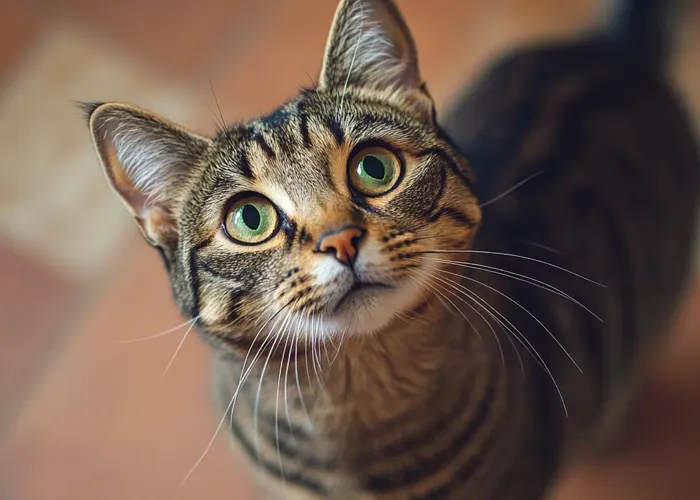
Body Language
If you’re not sure how your cat is feeling, take a look at their posture, facial expression, tail and ear position. A cat who is stretched out, lying on their side, is likely to be fairly relaxed, unlike a cat with a crouched or hunched body position who may be fearful or in pain.
An upright tail and ears indicate curiosity or welcome, whereas flattened ears and a puffed-up tail signal you to back away. Watch out for the ‘love-blink’ — a drowsy half-lidded gaze with a series of slow blinks is the cat equivalent of an ‘I love you,’ and make sure you give a slow blink back!
Vocalizations
Purring is only one of the sounds that cats can make to communicate. If your cat is meowing alongside their purring, this usually means they want something from you or perhaps greeting you when you arrive home. Hissing and yowling, on the other hand, have much more negative meanings and may indicate your cat is afraid, stressed out, or hurt.
Environment
You can also use your cat’s current situation to determine whether the purr is happy. If your cat is having a cuddle with a familiar family member, twining around your legs as you make up their dinner, or grooming a companion cat, then the purr is likely a sign of contentment. If they’re shut in their carrier in the car, hiding under the bed from a visiting dog, or recovering from a veterinary operation, the purr is much more likely to be a form of self-soothing in a stressful situation.
Is purring good for cats?
Purring is a normal and natural vocalization for cats. Now that we know it can be both a sign of happiness and discomfort, it’s important to monitor. If your cat changes their sounds, such as suddenly purring a lot more or less than usual, this could be an early sign that something is wrong. A change to the tone of the purr, such as a very croaky noise, can also mean something is up. It’s recommended to seek veterinary advice if your cat’s behavior — including their purring and other sounds — changes suddenly or significantly.
Did you know that a purring cat is actually good for your health? Cat ownership has many benefits, both for our physical and mental health. Petting a happy cat can reduce stress in humans and even affect physiological values such as blood pressure. This is just one more reason why we love our feline friends!
Does your cat provide emotional support?
Work with a licensed professional to get a legit ESA letter in your state.
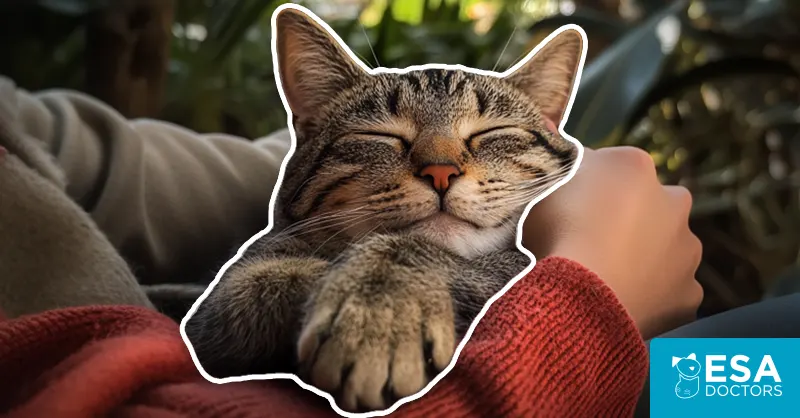

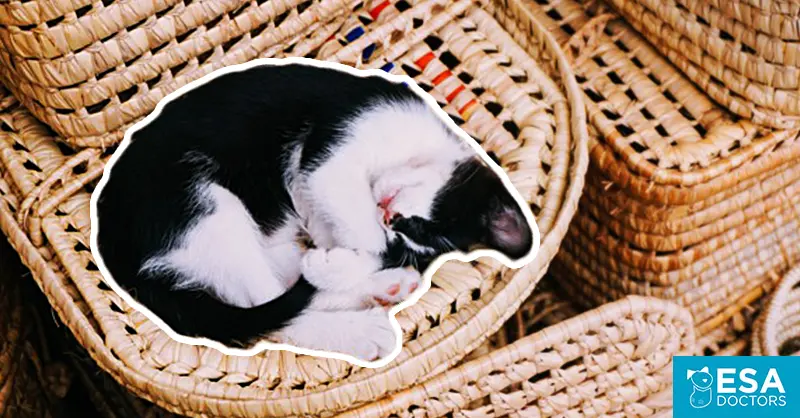
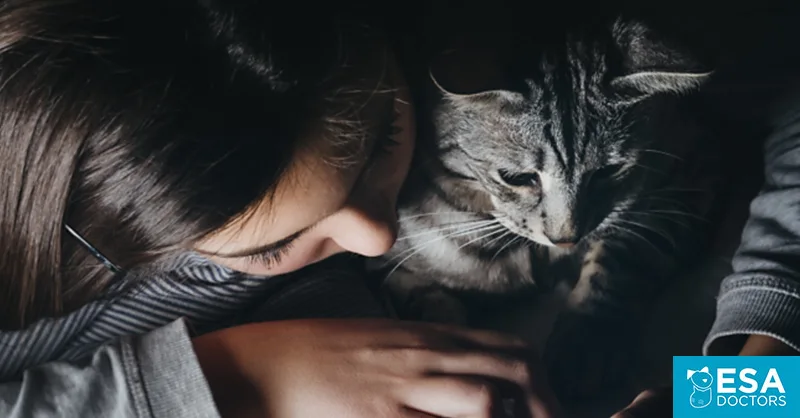
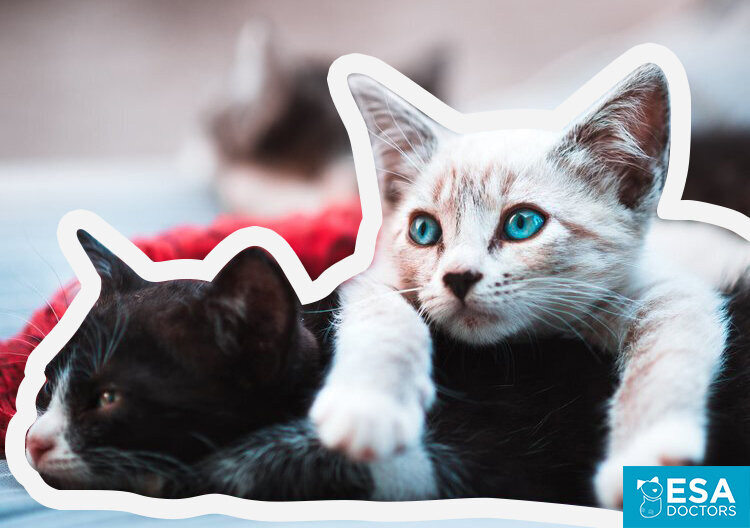
Leave a Comment